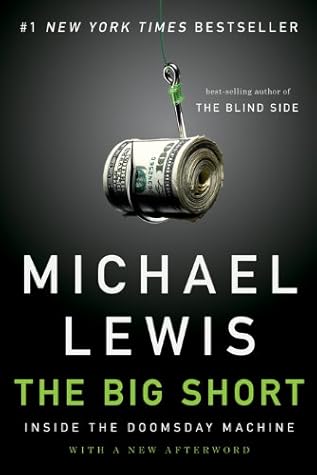More on this book
Community
Kindle Notes & Highlights
“I can’t add,” says Eisman. “I think in stories. I need help with numbers.”
“We predicted a coup, and we lost money,” said Jamie.
We just kept wondering if we were crazy. There was this overwhelming feeling of, Are we going out of our minds?”
The entire food chain of intermediaries in the subprime mortgage market was duping itself with the same trick, using the foreshortened, statistically meaningless past to predict the future.
Kyle Sargent liked this
“I had worked in an ADHD clinic during my residency, and had strong feelings that this was overdiagnosed,” he said. “That it was a ‘savior’ diagnosis for too many kids whose parents wanted a medical reason to drug their children, or to explain their kids’ bad behavior.”
How do you explain to an innocent citizen of the free world the importance of a credit default swap on a double-A tranche of a subprime-backed collateralized debt obligation?
I sort of feel sorry for him because he’s a guy who is really smart who was basically wrong about everything.”
The more sure you were of yourself and your judgment, the harder it was to find opportunities premised on the notion that you were, in the end, probably wrong.
Charlie and Jamie had always sort of assumed that there was some grown-up in charge of the financial system whom they had never met; now, they saw there was not.
It outraged him that the people who got credit for higher understanding were those who spent the most time currying favor with the media.
What are the odds that people will make smart decisions about money if they don’t need to make smart decisions—if they can get rich making dumb decisions?
Kyle Sargent liked this


